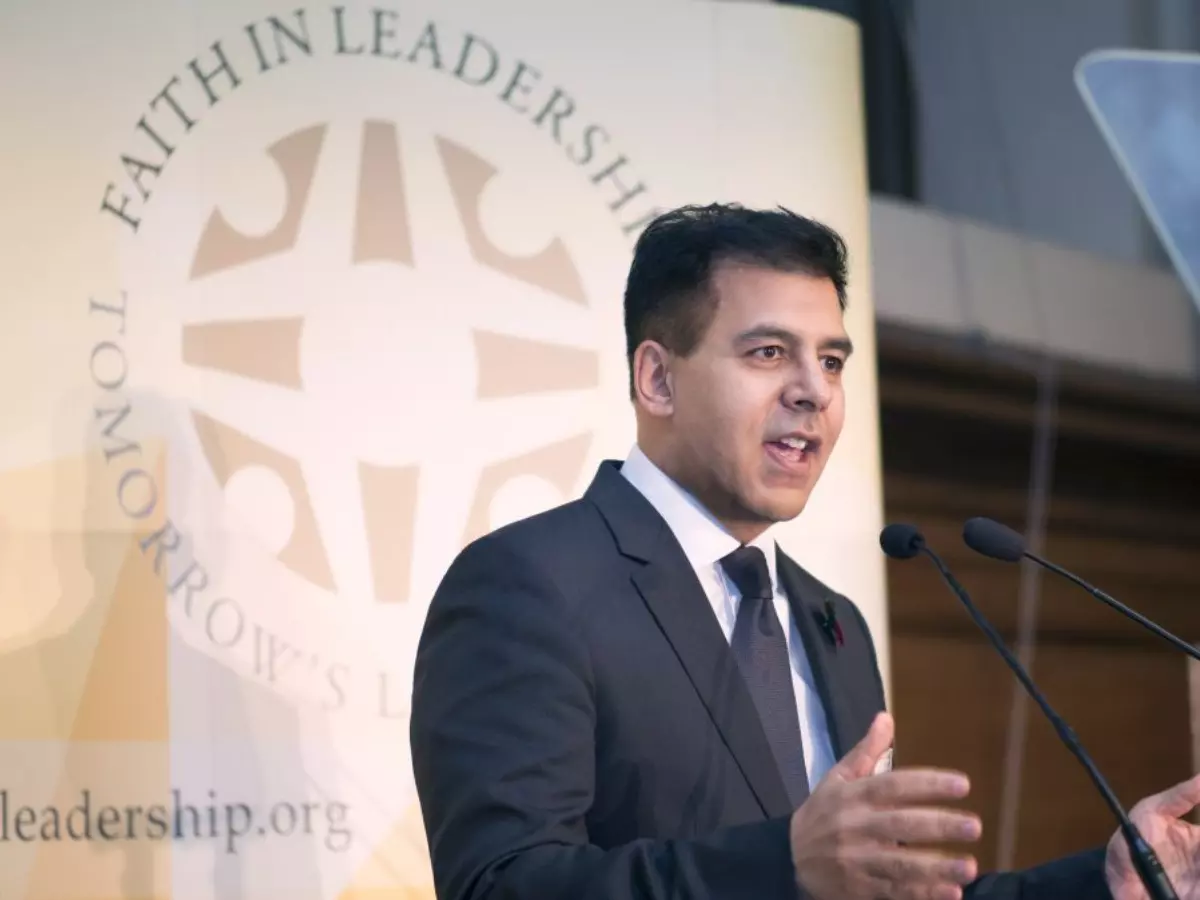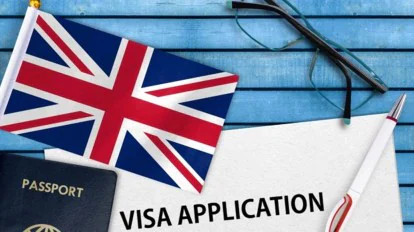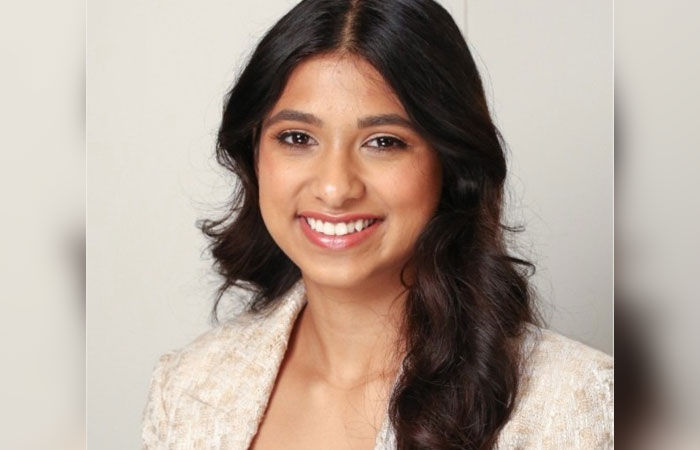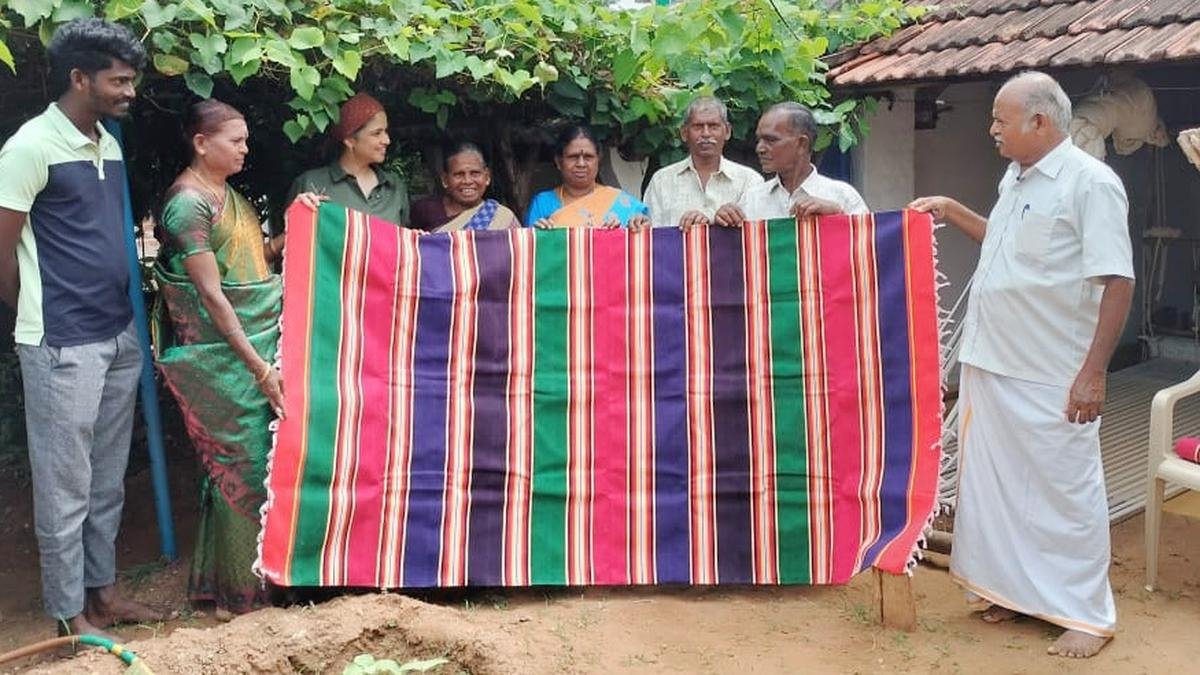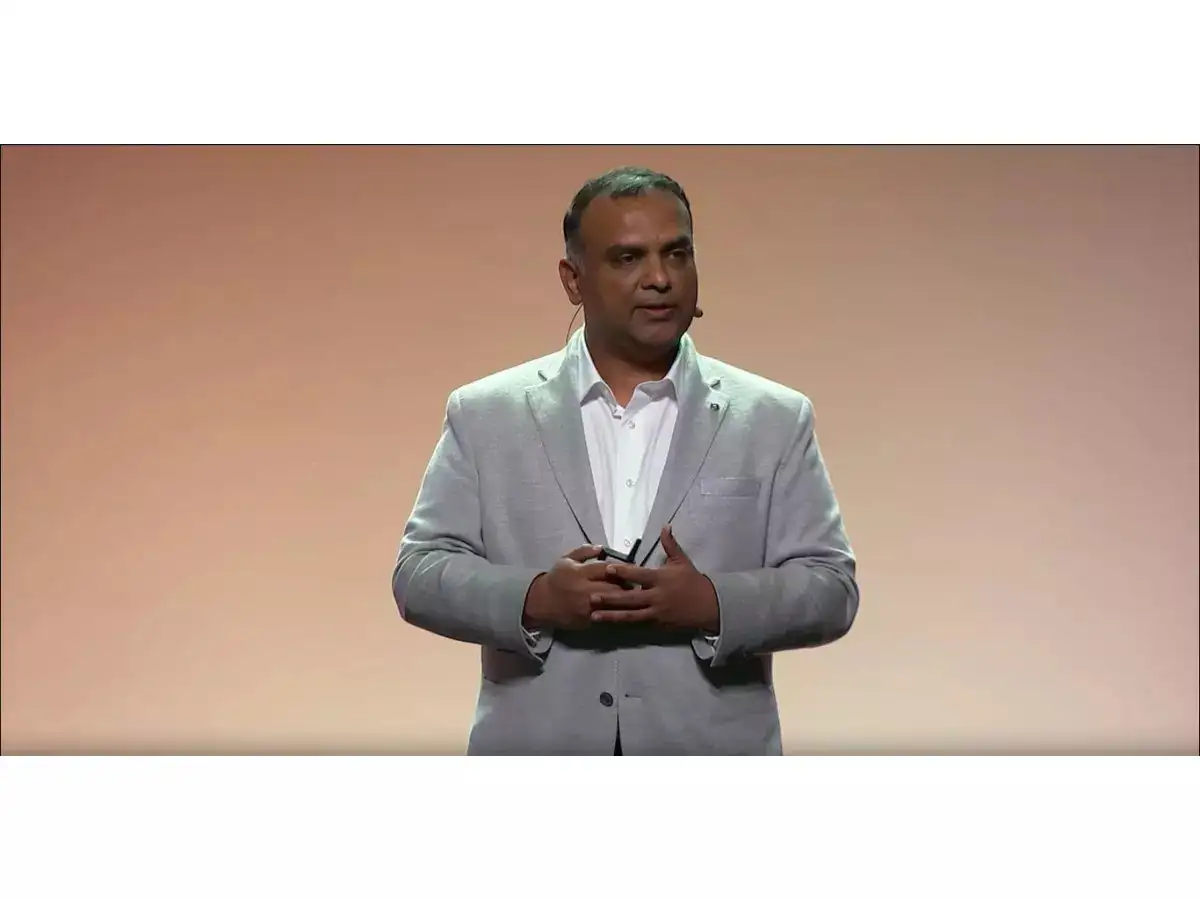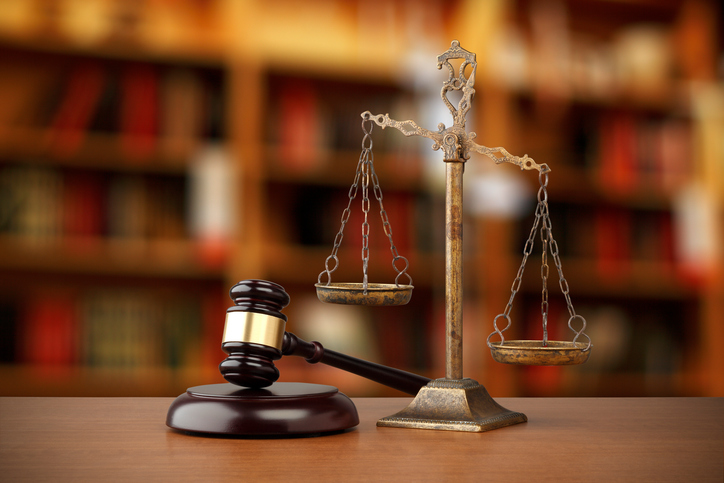The reports indicating that former Prime Minister Rishi Sunak is preparing his own list of nominations for the House of Lords, the political dynamic in the Upper House is expected to evolve further in the coming months.
Krish Raval, a prominent figure within the Labour Party, has been nominated by British Prime Minister Keir Starmer for a life peerage in the House of Lords. The announcement, made on Friday, places Raval in line to join the Labour benches in the Upper House, pending the formal approval of King Charles III. Raval, who chairs the Labour Party’s diaspora group, Labour Indians, has been an influential voice within the party, especially regarding its outreach to the Indian community and issues of faith and leadership, reported timesofindia.indiatimes.com.
Raval’s nomination is part of Starmer’s broader strategy to reshape the House of Lords
Raval’s nomination is one of 30 political peerages selected by Starmer, with the aim of reshaping the political balance within the House of Lords. The Labour leader has sought to address what many perceive as an imbalance in political representation. Alongside Raval, other notable figures who have received peerage nominations include Sue Gray, Starmer’s former chief of staff, and Thangam Debbonnaire, a former shadow minister of Sri Lankan heritage. This move reflects the Labour Party’s desire to better represent the diversity of the UK in the Upper House.
In recognition of his significant contributions to inter-faith relations, leadership education, and community engagement, Raval was awarded an OBE by Queen Elizabeth II in 2018. He is also the Founder-Director of Faith in Leadership, an Oxford University-based organization that promotes inter-faith dialogue and understanding. The organization has gained recognition for its work in fostering collaboration and shared values among different religious communities, making Raval a key player in initiatives aimed at building social cohesion.
-
The nomination process for life peers in the UK is meticulous
-
After the initial selection, the House of Lords Appointments Commission (HOLAC) conducts a thorough vetting process
-
Once the Commission completes its evaluation, the recommendations are submitted to the monarch for formal approval
-
Following the approval by King Charles III, legal documents are issued, granting new peers the right to take their seats in the Lords and participate in parliamentary affairs, including voting on legislative matters
-
The ongoing developments suggest that the next few years could see a period of significant reshaping in the House of Lords, as political parties make strategic moves to ensure their voices are heard in the Upper Chamber
The Labour Party’s wider strategy to address the Lords’ political imbalance
Raval’s nomination is part of the Labour Party’s broader strategy to address the current political imbalance in the House of Lords. As it stands, the Conservative Party holds the largest number of seats in the Upper House, with 279 peers. Labour, by contrast, has only 187, while the Liberal Democrats hold 80 seats. Additionally, there are over 180 crossbench peers who are unaffiliated with any party, making it difficult for any one group to claim a majority.
This imbalance has led to concerns within Labour and other political factions about the need to ensure fair representation in the Upper House. The Labour Party’s nominations, including that of Raval, aim to tip the balance slightly back in favour of the opposition party. As such, these appointments are seen as part of a long-term strategy to exert greater influence over legislative decisions in the House of Lords, where crucial votes are often held. By nominating diverse and influential figures, Starmer is hoping to position Labour to have a stronger voice in debates on national policy.
This move by the Labour Party comes amidst ongoing political maneuvering within the UK’s legislative system, as different political factions make their own peerage nominations. The Conservative Party, for example, is expected to announce its own set of peerage nominations in the near future, underlining the ongoing competition for influence in the Upper House.
Political and strategic moves reflect a shifting political landscape
The nominations for the House of Lords are an important aspect of UK politics, especially as they reflect broader strategic shifts within the political parties. In particular, the Labour Party’s nomination of individuals like Krish Raval signals an effort to increase diversity and bring in voices that reflect the changing demographic and political landscape of the UK. Raval’s own work in inter-faith dialogue and leadership is seen as a significant asset, aligning with Labour’s broader values of inclusion, equality, and social cohesion.
***********************************************************
Readers
These are extraordinary times. All of us have to rely on high-impact, trustworthy journalism. And this is especially true of the Indian Diaspora. Members of the Indian community overseas cannot be fed with inaccurate news.
Pravasi Samwad is a venture that has no shareholders. It is the result of an impassioned initiative of a handful of Indian journalists spread around the world. We have taken a small step forward with the pledge to provide news with accuracy, free from political and commercial influence. Our aim is to keep you, our readers, informed about developments at ‘home’ and across the world that affect you.
Please help us to keep our journalism independent and free.
In these difficult times, running a news website requires finances. While every contribution, big or small, will make a difference, we request our readers to put us in touch with advertisers worldwide. It will be a great help.
For more information: pravasisamwad00@gmail.com
